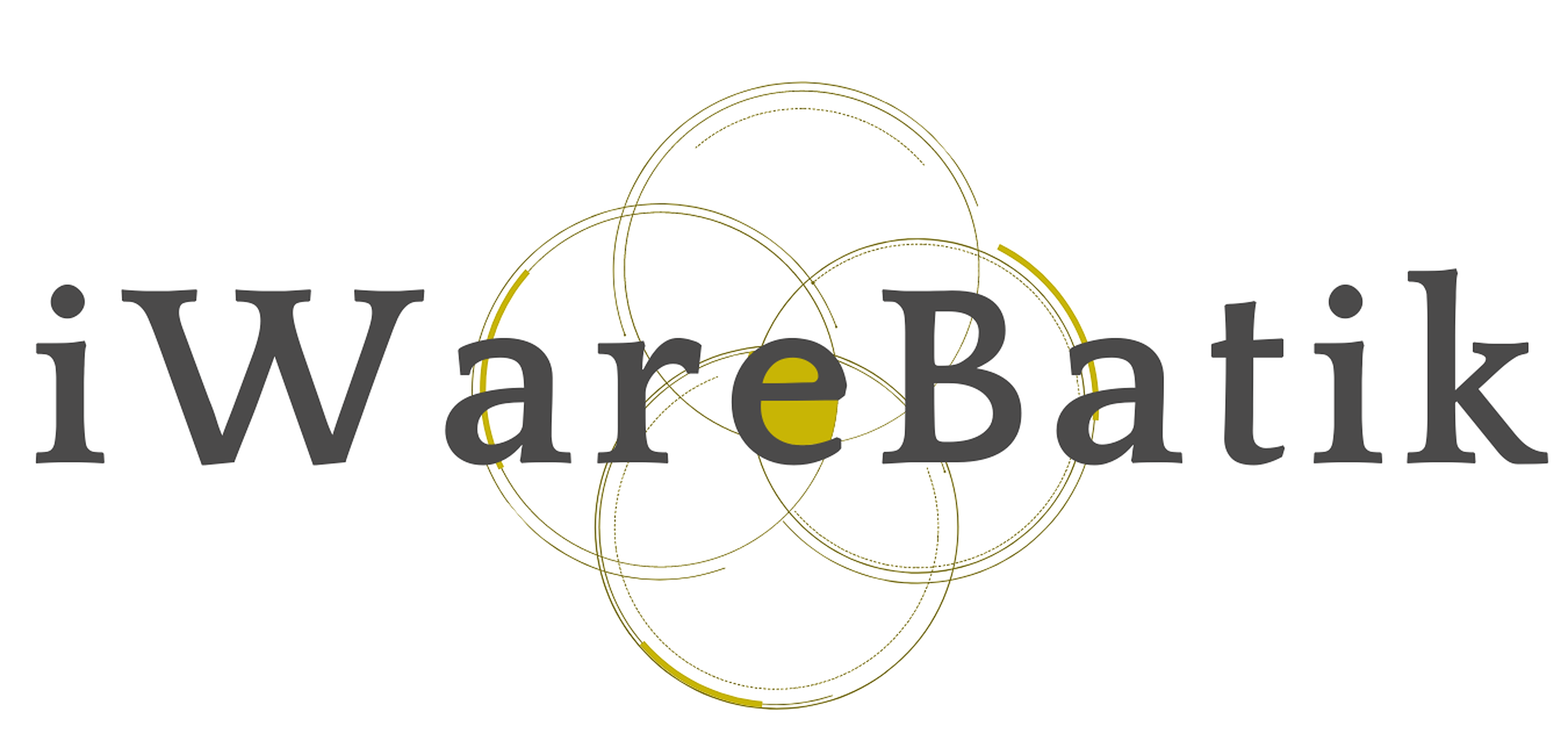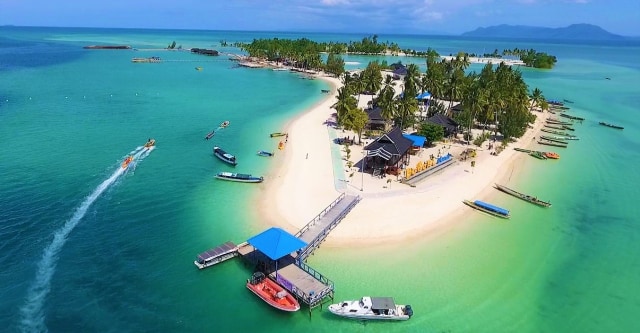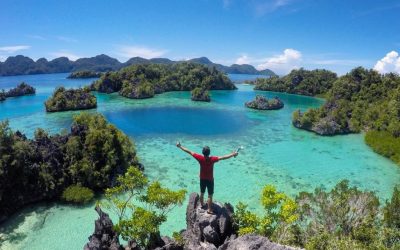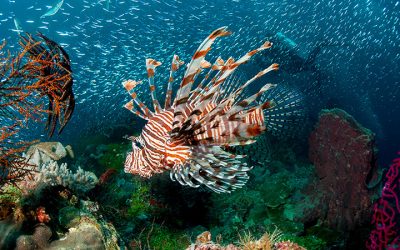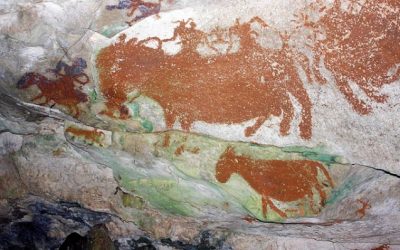Home / Batik Regions – Central Indonesia – Sulawesi Island – Southeast Sulawesi / Bajo Coastal Village in Bokori Island
Natural Destination
Experience the tropical nature!
Bajo Coastal Village in Bokori Island
Bokori Island (Photo: @Ilmah Surahmin)
Bajo Coastal Village in Bokori Island
Located not far from Kendari City, this small island is a-must-visit in Southeast Sulawesi. Here you could discover an authentic coastal village which has been inhabited by Bajo tribe for centuries. Visitors could rent speed boats for crossings to the island to enjoy the coastal scenery, beautiful coral reefs, white sand, and clean sea water. While maintaining its environmental authenticity, Bokori island has developed into a developing tourism site. It is a great alternative weekend getaway for those who want to enjoy coastal culinary experience with a low budget.
Natural Tourism Destination
Bajo Coastal Village in Bokori Island
Tourist Attractions in Southeast Sulawesi
Labengki Island – Giant Clam Marine Reserve
No one knows that the second biggest Kima giant clam (Tridacna gigas) with the size of 50 cm can be found in
Wakatobi UNESCO Biosphere Marine Reserve
Known as marine paradise, Wakatobi was designated as UNESCO marine biosphere in
Kobori Cave
According to history, the marvelous Megalithic Kobori Cave has existed since 4000 B.C.
Southeast Sulawesi
Batik Motifs
Pati-Pati Pinehiku
It symbolizes the hierarchy in society and the social status of the Mekongga
Wakatobi
It symbolizes the coastal beauty of the Wakatobi island and the symbol of Patra symbolizes
Ake Patra
Ake is related to the divinity and the composition of the universe. It is a symbol of
Discover
Indonesian
Batik
Motifs
Durian Pecah
Broken Durian motifs depict the foundation of faith. The second half signifies the mastery of
Teguh Bersatu
This batik motif shows the strength of the people of Kupang. It also represents a sense of
Lontara
The Lontara script itself is a typical ancient script of Bugis and Makassar communities. History records that
Kaharingan
The Kaharingan or ‘tree of life’ based on the Dayak tribes’ belief system. This tree symbolizes
Karawo Mahkuta
Mahkuta refers to Gorontalo’s traditional crown. It represents noble characters of
Ikan tambal
The word “Ikan” refers to fish. The philosophical meaning of Ikan Tambal means is
Daun Sirih
This motif illustrates betel leaves that are used by Lombok communities as traditional
Insang Ikan
Insang refers to the gills of the fish. This is a typical pattern of Malay ethnic who inhabits
Gorga Simeol-Meol
The Gorga Simeol-meol is a pattern of plant tendrils. it is regarded as a symbol of longevity and
Tangerang Herang
Tangerang Herang motif is a symbol of Tangerang city. The Tangerang Herang batik motif consists of
Dayak Taghol
Dayak Taghol has a distinctive style of four curved lines and small dots. This motif represents
Kuda Kupang
Horses symbolize wealth. It contains noble values of virtuous characters that bring
Merak Ngeram
The hatching peacock motif has a very deep meaning which refers to the sacrifice and
Tanah Liek
The word “Tanah Liek” refers to clay in Minang language. It is also known as
Kawung
The Kawung motif was created by Sultan Agung Hanyokrokusumo (1593 – 1645) as a symbolic gift for
Sido Mulyo
Sidomulyo is one of the classical motifs, which is specifically used for the bride’s costume in
Raja Ampat
Raja Ampat motif represents the marine life at Raja Ampat archipelago in
Gurdo Solo
Gurdo or garuda bird is the mount of the Indian god Vishnu. As the Sun Bird,
Pinawetengan
The Pinawetengan Batik pattern was taken from a prehistoric inscription in
Tampuk Manggis Sasirangan
The motif illustrates the philosophy of the mangosteen fruit, which is
Srimanganti
The name of the Srimanganti motif is derived from Palace’s hallway that connects to
Malinau Cultural Festival
You will witness a unique competition that might not be found other than in
Gonggong Siput
Gonggong (Strombus Turturella) is one type of sea snail found around
La Galigo
La Galigo is a literary work of the Buginese Epic that has 300 thousand epic lines. It is considered even
Karawo Pinang
Pinang refers to the Palm areca tree. This motif is considered as the original
Bekantan Pakis
This motif represents Pakis Haji (Polystichum setiferum), an endemic plant in
Daun Lada Hitam
The black pepper motif represents the main commodity of Bangka Belitung
Tikar Natuna
The Tikar Natuna motif is adapted from the traditional making of pandanus mats in
Rangkiang
The word “Rangkiang” refers to the rice granary in the Minangkabau language. It symbolizes
Manguni Minahasa
Manguni is identified as the symbol of the Minahasa people. Manguni is known as a
Tabir Tanjung
Tanjung flower is a type of Cherry tree flower, which is commonly found in
Leuit Sijimat
This motif reflects the daily activities of the Baduy tribe in Banten. The main ornaments of batik motif consist of:
Gajah Way Kambas
The motif illustrates the Lampung’s natural reserve, the Way Kambas. it also symbolizes
Kerawang Tegak Aceh
The Vertical Upright (Kerawang Tegak) Motif symbolizes a person who has a strong
Ake Patra
Ake is related to the divinity and the composition of the universe. It is a symbol of
Sekomandi
Its philosophical meaning is the eternal union which refers to a saying “until death do us part”
Bomba Mawar
This motif means sacred love for family, kingdom, and God; It also illustrates
Tenun Bima
The motifs are adopted from Bima woven textile. This pattern has received a great
Besurek Rembulan
This batik illustrates praise for God who created the wonderful universe
Hiu Taliyasan
Indonesia is also home to the world’s largest fish, the whale shark (Rhincodon typus). Hiu Taliyasan refers to
Lipaq Sabe
Lipaq Saqbe contains a simple geometric classical motif with various flower decorations. This textile is
Pattimura
Pattimura is the name of an Indonesian hero who fought against colonialism in
Gamolan
This motif illustrates Gamolan, a bamboo musical instrument of Lampung that is
Wakatobi
It symbolizes the coastal beauty of the Wakatobi island and the symbol of Patra symbolizes
Pati-Pati Pinehiku
It symbolizes the hierarchy in society and the social status of the Mekongga
Burung Bidadari
Bidadari birds are endemic birds in Halmahera. This motif represents an
Bintik Tujuh
The Bintik Tujuh (Seven Dots) motif has 7 white spots and green color gradation as
Pohon Hayat (Tree of Life)
The Batik motifs in Lampung are dominated by the acculturation of Buddhist and
Gigi Haruan Lidi
The Gigi Haruan Lidi motif is taken from the name of the cork fish and is a symbol of
Parang Rusak
Another meaning behind this motif is an unconquerable spirit, symbolized by
Keluak Daun Pakis
The word “Keluak” is a Minang language which means twisted or tangled. The Motif of
Cengkeh
The clove flower motif is the main commodity of the Tolitoli Regency. This motif represents
Sero Tangga
The Sero Tangga illustrates an endearing feeling and sacrifices of a person to fulfil
Kain Cual
Cual textile tradition has existed since the 17th century. The word “Cual” refers to
Rumah Mamuju
the Batik motif illustrates the house of Mamuju King with the stairs, located on the left of the wooden stage house
Tubo Kelapa
Coconut tree is a symbol of a good character and strong mentality. It illustrates the more success a person, the more
Kaganga Tanah Rejang
If Batik Besurek combines Arabic calligraphy motifs, then the Kaganga batik takes
Lok Baintan Floating Market
As you can imagine, the most authentic thing is that you can buy things and even
Biji Kopi
The coffee seeds motif illustrates the pride of local coffee specialities in
Wirasat
Wirasat or divine inspiration is a gift from God. This inspiration is symbolized by
Pucuk Rebung Riau
Pucuk Rebung symbolizes heart determination in achieving goals, good luck, and
Sandeq
Sandeq Boat is a symbol of the maritime importance of the West Sulawesi region. The greatness of
Angsa Duo
According to legend, the Angso duo batik motif is a pair of swans that are believed to have led Princess
Jumputan Bintang
The word Jumputan means the tie-dye technique, while the word “Bintang” refers to
Gentala Arasy
Built as high as 80 meters, the tower also highlights the historical side of
Awan Berarak
Awan Berarak is a combination of Dayak motifs and Malay patterns. The word ‘Awan Berarak’ means the
Bultiya
The word ‘Bultiya’ is an acronym of the three major tribes in North Kalimantan, namely
Prada Papua
The word “Prada” in the Javanese-Indonesian dialect means a batik textile that
Sekar Jati
Sekar means flower and Jati refers to teak trees that symbolizes a strong mental character that
Taiganja
Taiganja is a precious gold pendant that shows the social status of the Kaili family. It is
Singayaksa
The Singayaksa motif comes from the name of a place where Sultan Hasanuddin used to
